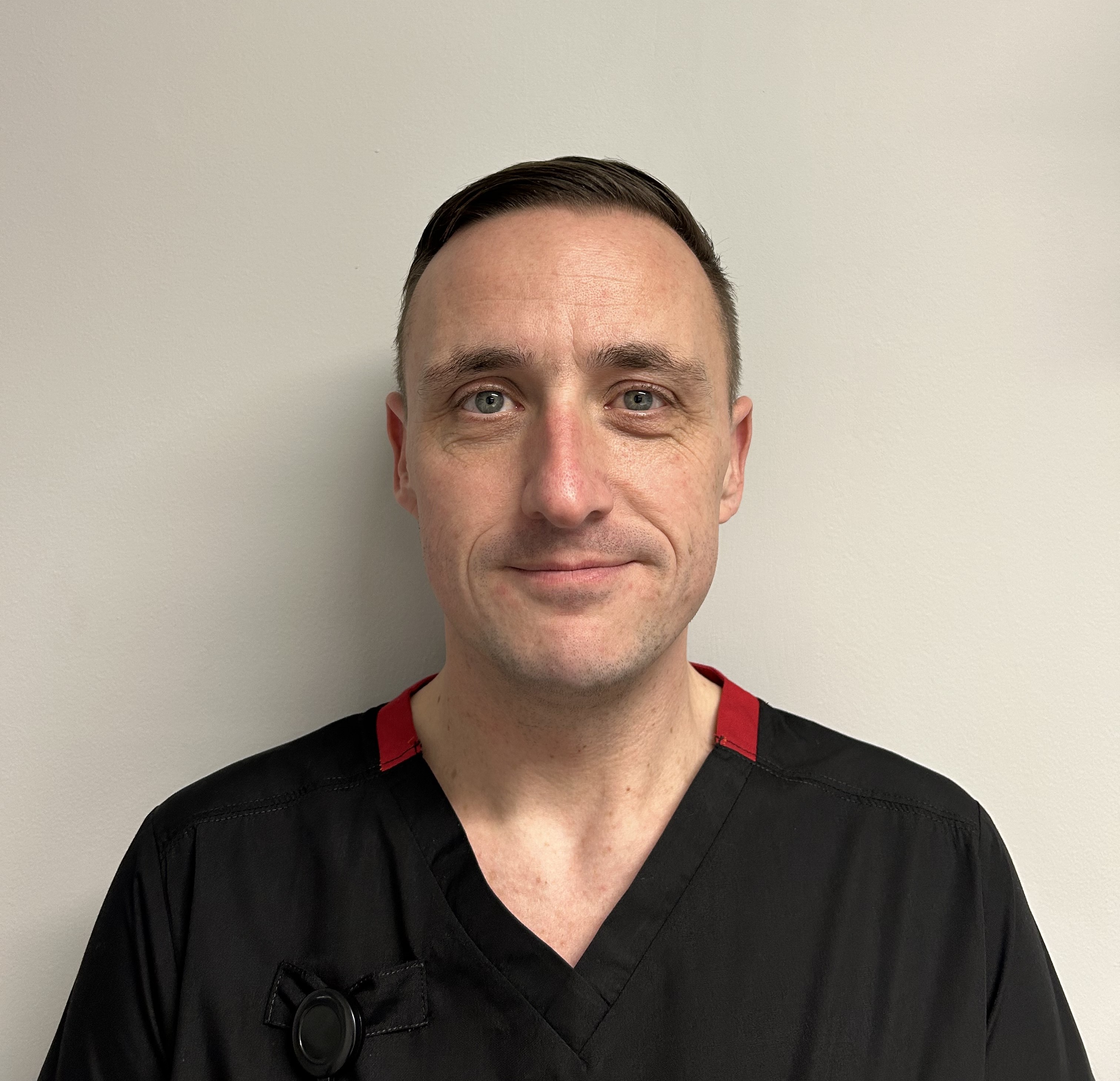
Nick Hughes, Associate Chief Nurse, Infection Prevention and Control
This year, WWL, alongside other NHS Trusts and healthcare services across the country, is experiencing a significant increase in influenza (flu) cases, respiratory illnesses and diarrhoea and vomiting. The recent freezing weather has been particularly harsh on our vulnerable residents, escalating the demand for healthcare services.
Our dedicated local healthcare teams are working around the clock to manage this challenging situation. To prioritise the care of our sickest patients, we would ask that you chose the most appropriate service for your needs and avoid attending our Emergency Department unless it is a serious or life-threatening health condition. By doing so, you can help us focus on those who need urgent care the most.
We would also urge everyone to take extra precautions this winter. For minor health concerns or non-emergency issues, please consider visiting your GP or local pharmacy. You can also go online or call the 111 service for advice. By choosing these options, you help alleviate the strain on our emergency departments, ensuring that critical cases receive the attention they require. Please only come to the hospital if you are critically unwell, have been advised to by a healthcare professional, or for routine appointments.
Infection Prevention and Control is a key factor in keeping everyone safe, both in the community, our hospitals and wider healthcare settings. Simple actions can make a big difference. Did you know that the fastest sneeze ever recorded reached speeds of around 100 miles per hour? These tiny particles spread in all directions, so remember always cover your mouth and nose when sneezing or coughing and dispose of used tissues immediately.
Frequent handwashing with soap and water is essential to reduce the spread of germs. If you are feeling unwell with a cold, flu-like symptoms, or stomach bug symptoms like diarrhoea and vomiting, please stay at home and avoid contact with others until you have fully recovered. Please do not visit friends or relatives in hospital if you are suffering with any of these symptoms until you have recovered and been clear of symptoms for 48-hours for stomach bugs, and at least five days for respiratory illnesses. Visiting those with an existing medical condition or vulnerability when you are unwell puts them at an increased risk of infection, particularly those who are immunocompromised because of a condition or treatment.
Another important infection control measure is ensuring you are up to date with vaccinations, including the flu and COVID-19 vaccines. This is crucial for protecting yourself and those around you.
We encourage you to reach out to alternative healthcare services, including your local pharmacy and GP practices for more information and assistance on vaccinations. Vaccinations not only protect you, but also contribute to the overall health and safety of our community and close family members.
Let’s unite in supporting our healthcare workers by being mindful of our health and the ways in which we can prevent infections and illnesses spreading. Together, we can navigate these challenging times and ensure that everyone receives the care they need, at the place most suitable to treat them.